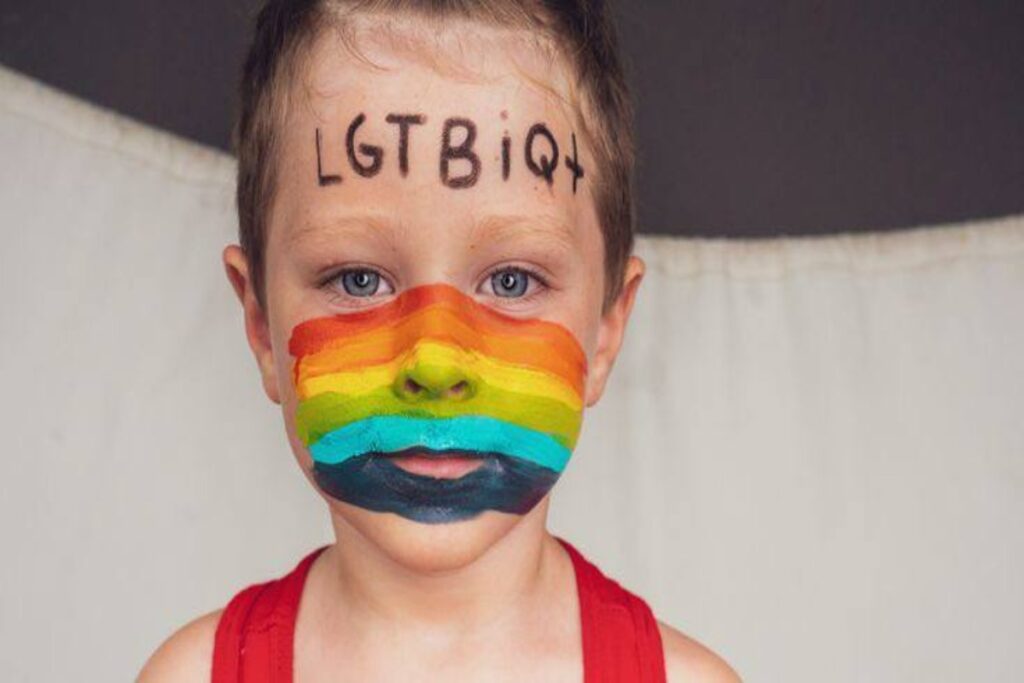The Biden administration has permission from the US Supreme Court to consider arguments over state laws that seek to prohibit gender-affirming care for minors.
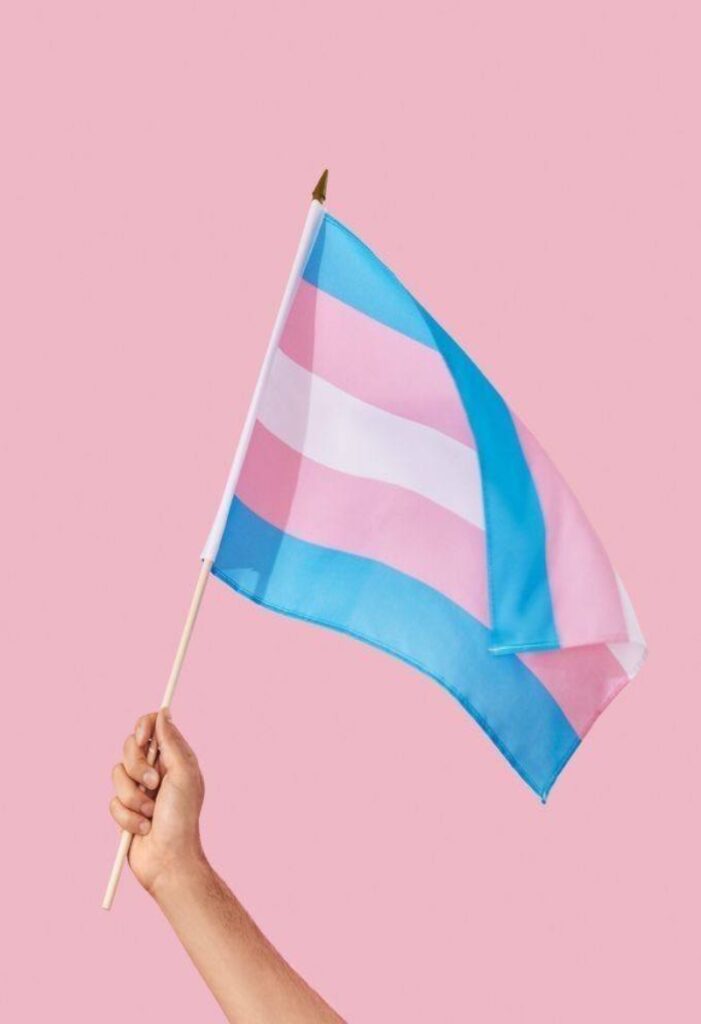
It has profound and striking meanings in the present fight for legal acknowledgment. Also, the opportunity to be protected as part of the trans community but mainly the young people.
Review Request
The Department of Justice on behalf of the Biden administration requested that the Supreme Court consider whether Tennessee’s prohibition on gender-affirming care for adolescents “violates the Equal Protection Clause of the Fourteenth Amendment.”
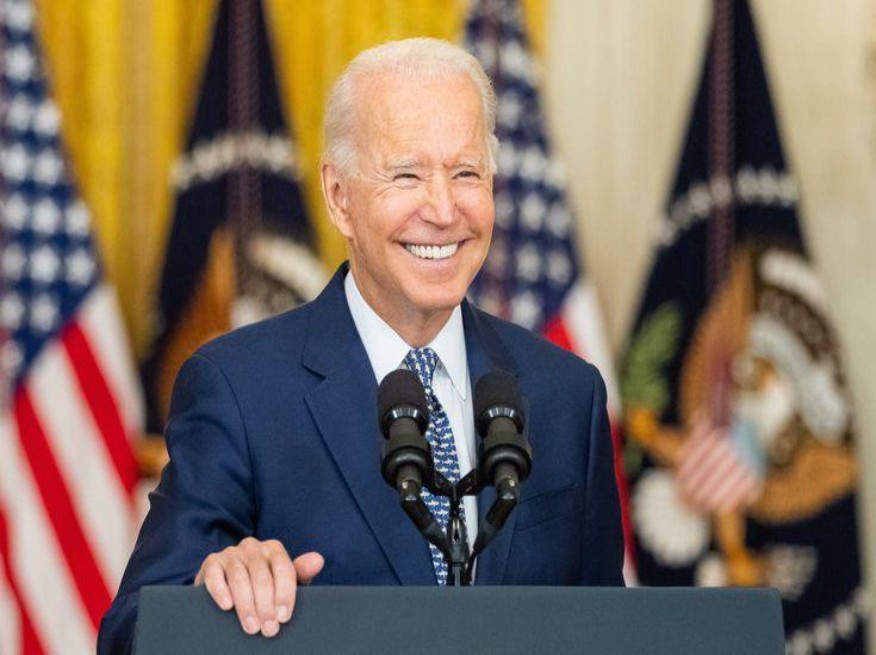
A Tennessee law that forbids transgender adolescents from obtaining medical therapy for gender dysphoria is the concern in this lawsuit. According to the DOJ appeal, the legislation does not just ensure informed consent but also restricts some treatments outright and in other ways.
Debate About Gender-Affirming
The debates regarding gender-affirming therapy for trans-identifying minors have been an extensively persistent issue for a few years now.

Certain fundamental reforms have been put into practice across some states by prohibiting some forms of medical treatment for gender-diverse children such as hormone replacement and genital alteration. These arguments have been described by the Biden administration as unlawful discrimination and inequitable under the Constitution.
Care Prohibition
South Carolina became the latest state to enact legislation limiting gender-affirming medical therapy for kids in May 2024. South Carolina became the 25th state of this kind to enact a care prohibition and forbid the use of public monies for this purpose.
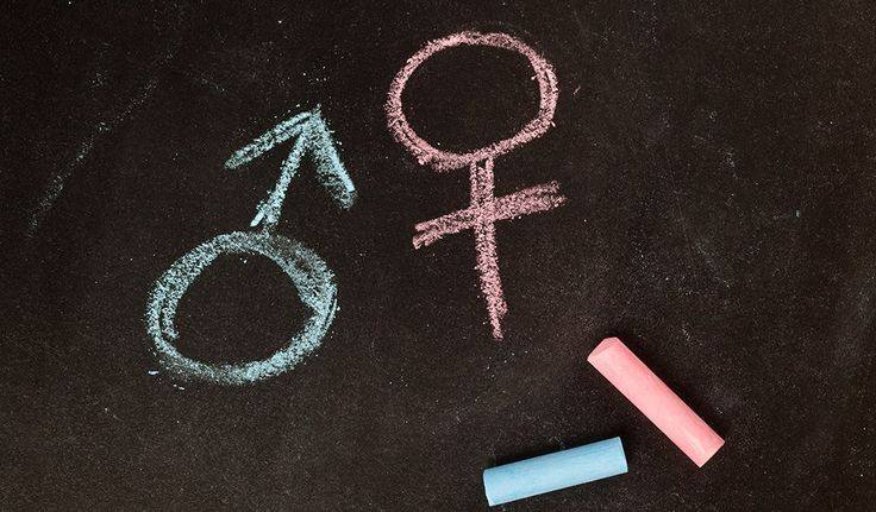
Furthermore, the bill terminated any ongoing support currently provided to minors seeking to transition gender identities.
Court Hearing
Currently, the Biden administration is pursuing an appeal of a court decision that maintained Tennessee’s restriction on minor gender-affirming care. Also, the Supreme Court has agreed to hear the case.

In the upcoming term of the court, which starts in October 2024, the justices will probably hear oral arguments and make a ruling.
Impact on Young Trans
The Supreme Court’s ruling in this case has the potential to impact the lives of all young transgender people in the United States. The result of the case can pave the way for other states to proceed to the same legal move to defend the rights of trans patients in the clinic to receive such health care.
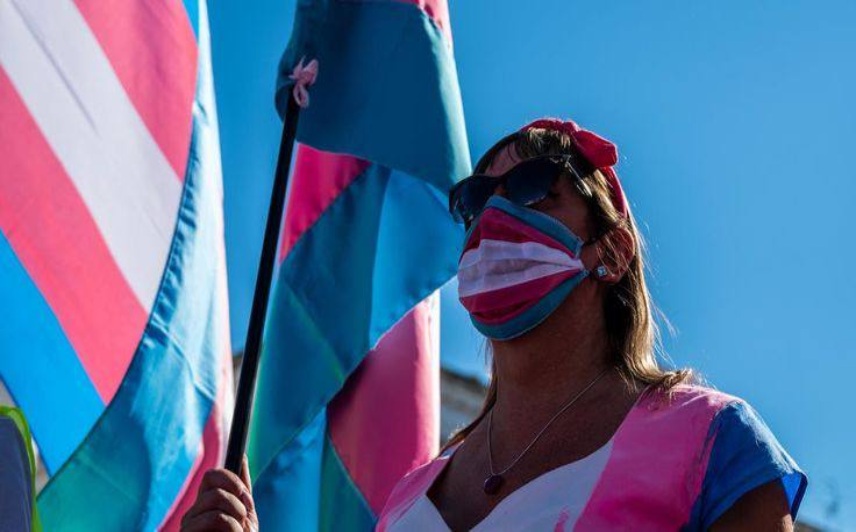
On the contrary, if the states win then, it may lead to more bans as regards the availability of healthcare facilities to minors in the transgender group.
POLL—Should Public Schools Include Critical Race Theory and Sex Education in Their Curriculum?
Supporters Point of View
There are numerous health practitioners, and organizations, that are in support of Biden’s stand by his administration in this matter.

Also, there are some studies indicating that non-emergency gender-affirming care is necessary for the proper healthcare of transgender children which could be beneficial for the state of their mind and for the overall quality of their lives.
Critics of the Position of Biden Administration
A variety of conservatives and religious groups have criticized the position of the Biden administration. Claiming that gender-affirming care is nothing but child abuse that can bring lifelong pain and regret.

However, the safety, efficacy, and long-term impacts of hormone therapy and puberty blockers are the main points of contention, amongst proponents and opponents of gender-affirming healthcare.
The Human Impact
To countless children on the list, these treatments can mean the difference between life and death. If they cannot gain access to these services, then they are forced to exist in a body that they do not wish for. Which results in severe depression, and a high chance of committing suicide.

This ruling from the Supreme Court will be enlightening to both the proponents and opponents of the law. Will the court agree to the Biden administration’s assertion that gender-affirming care is a constitutional right? Or will it allow states to further deny access to such crucial treatments?
Reasons for the Opposition
Numerous state laws against gender-affirming medical care specifically target the practice of providing hormone replacement therapy, gender surgery, and puberty blockers to minors.
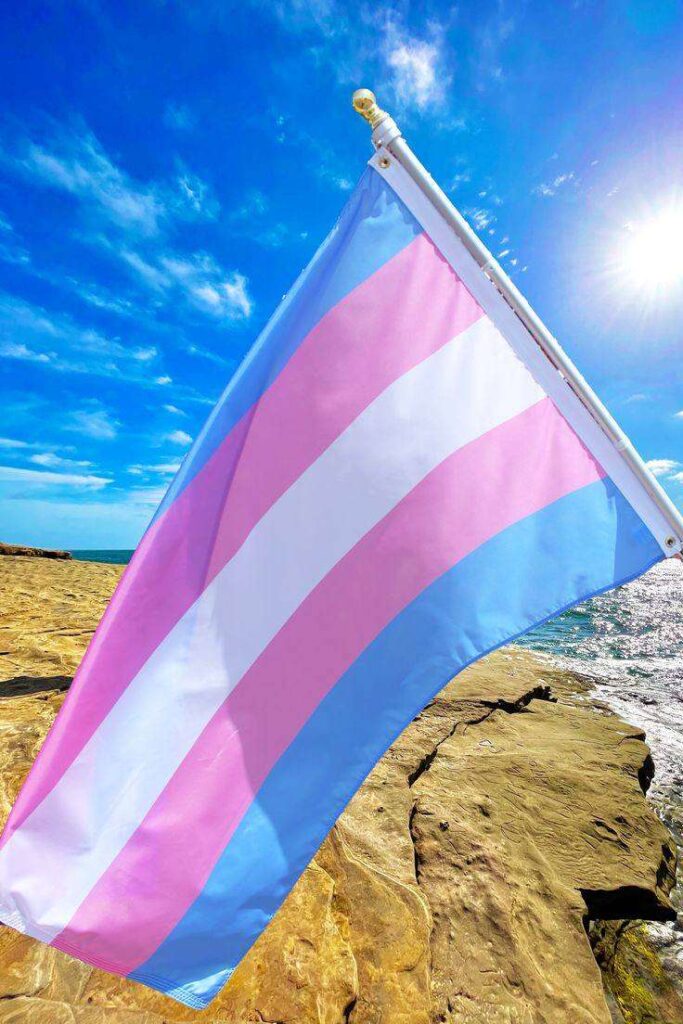
Minor gender-affirming medical procedures are opposed because youngsters cannot adequately consent to the results. They claim it can have long-term ramifications that one may later regret.
WATCH: More Bad News for California Residents Amid New Minimum Wage Hike
Update on the Case
The Supreme Court’s justices were informed by attorneys for transgender teenagers in Tennessee that prompt involvement is required to resolve this legal dispute.
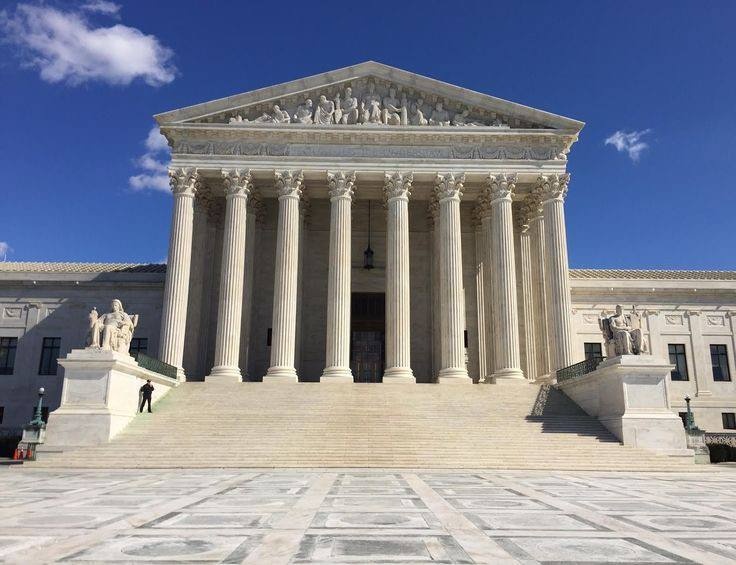
The lawyers claimed that transgender adolescents and their families would be left in a precarious situation. As a result, they would not know where or how to obtain the necessary medical care unless this Court acted quickly.
Future of Transgender and Human Rights
The outcome of this case will also affect transgender civil rights in the US going forward. There are rumors that states may give transgender people extra protection if the Biden administration is re-elected.

On the other hand, should the states triumph, it might result in the stripping of the existing protections. Also, subsequent discrimination against transgender persons.
Research on Puberty Blockers
Even though research on the topic is ongoing, public institutions worldwide have come to differing conclusions.

According to research published in the American Physiological Society. Using puberty blockers for a brief period does not permanently harm the uterus or ovaries.
You Might Also Like:
“This is Religious Favoritism!” Civil Liberty Groups Kick Against New Louisiana Ten Commandments Law
How To Wear Smudged Eyeliner This Summer
Louisiana Lawmakers Approve Controversial Bill Allowing Surgical Castration for Pedophiles
Court Fines Local After Illegally Clearing National Park for Personal Use
Court Convicts Missing North Carolina Girl’s Stepfather for Failing to Report Child’s Disappearance

